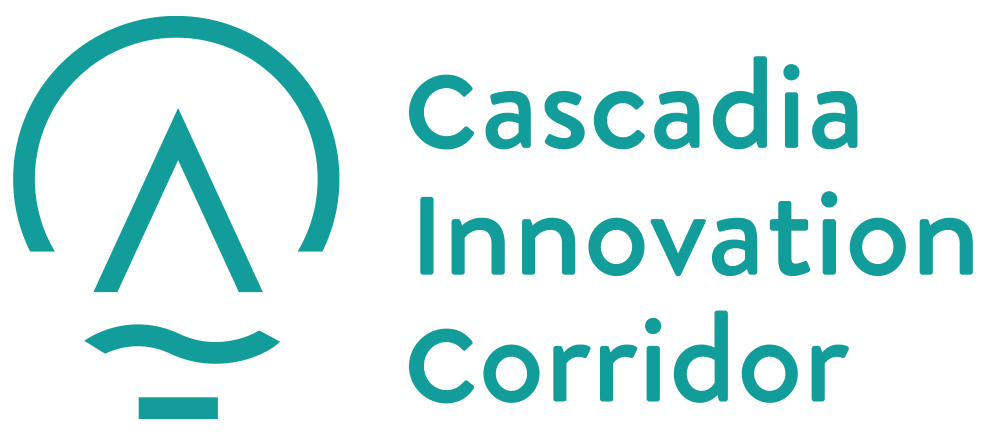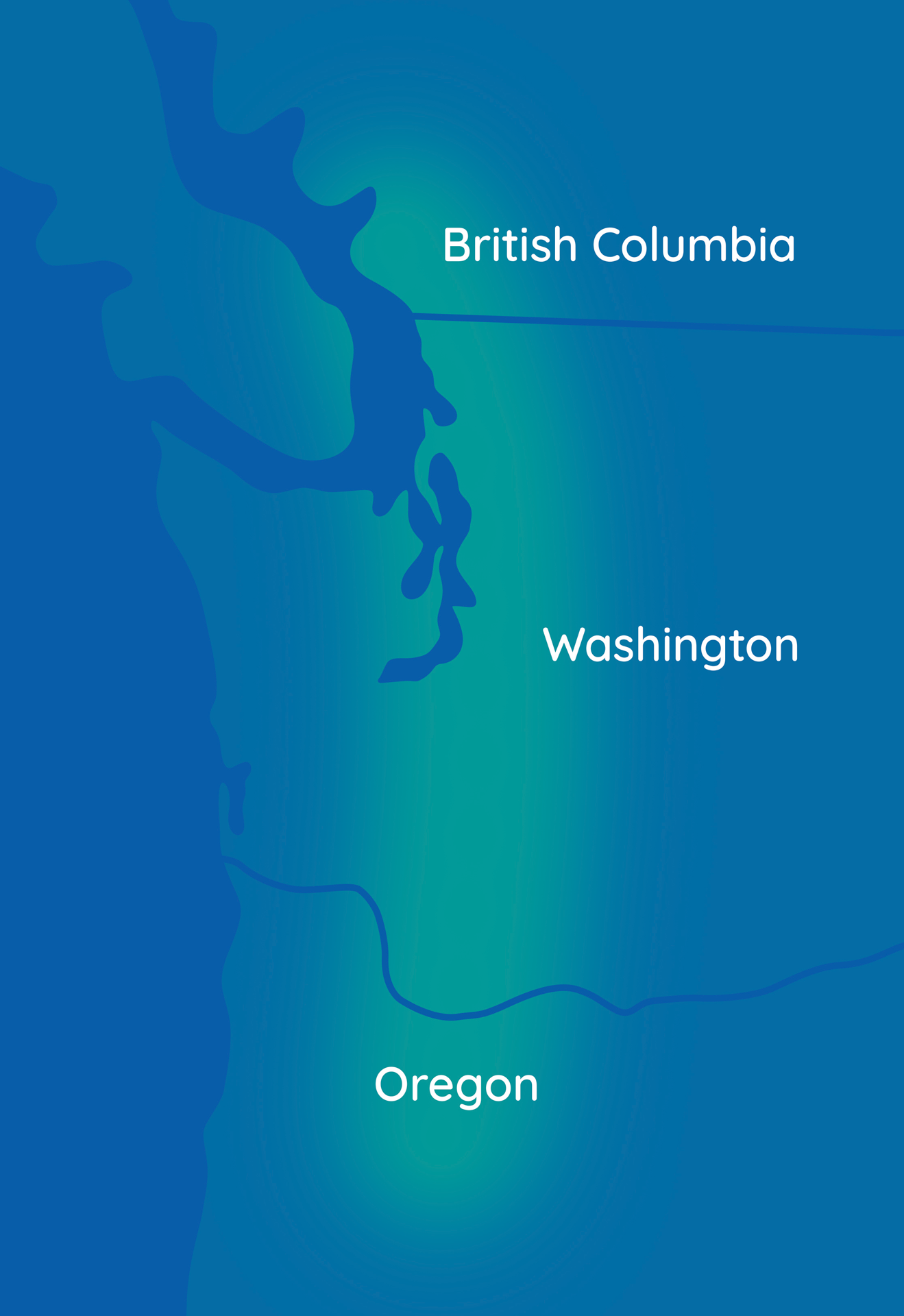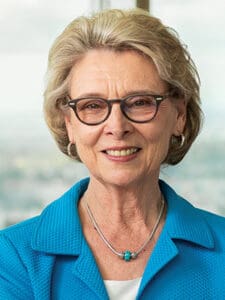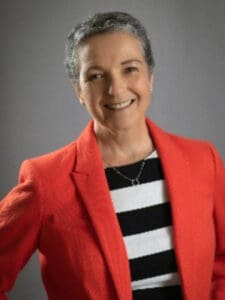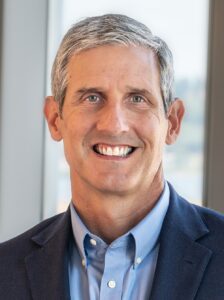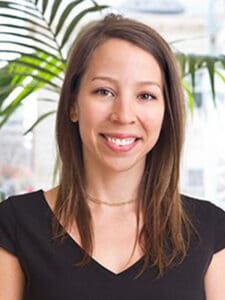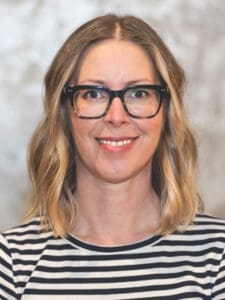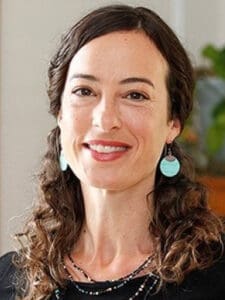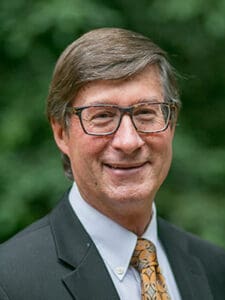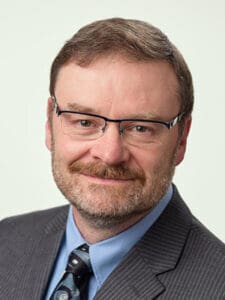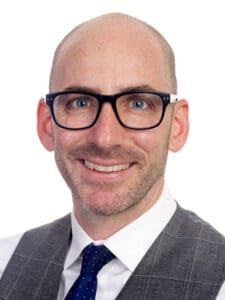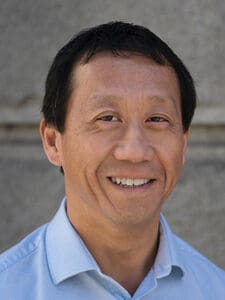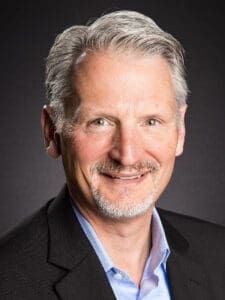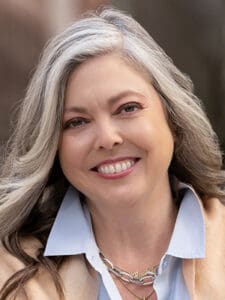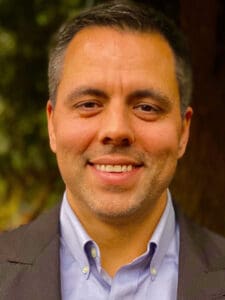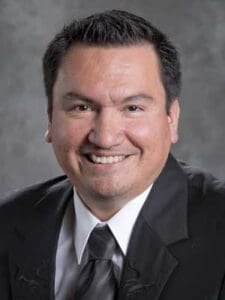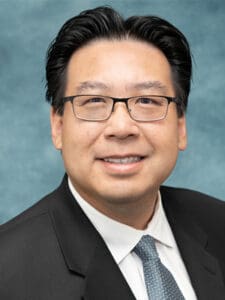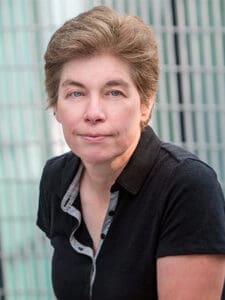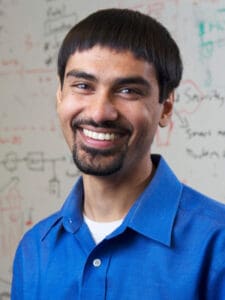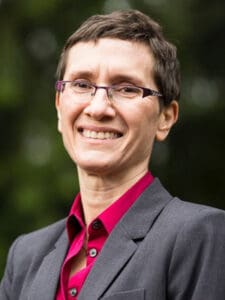About Us
Cascadia Mega-Region
Cascadia is one of 16 mega-regions in the United States. A mega-region is larger than an individual city or community — it is a shared economic zone, that connects several municipalities. In the case of the Cascadia mega-region, our boundaries cross two states and an international border, with a reach from Portland, Oregon to the south and Vancouver, British Columbia to the north.
- Nearly 10 million people call our region home — and we saw a 30% increase in our population from 2000-2020.
- Our combined GDP is $600 billion — about the same as the entire country of Belgium.
- We are known for our entrepreneurship (in 2022 both Oregon and Washington were some of the top states for business in the United States) and world-class tech talent (Vancouver and Seattle are in the top 10 cities in the world for tech talent).
- We expect 3-4 million more people will call Cascadia home by 2050.
Our Vision
In 2020, we outlined our plan to become the world’s first sustainable mega-region. In pursuit of this goal, we are focused on three main pillars:
- The affordable housing crisis
- Transportation congestion
- The climate goals of the Paris Accord
Each of these pillars is critical to building a sustainable mega-region, but none is sufficient on its own. All three must be considered as an integrated unit, each supporting and leading to the others.
Through our annual conference and the work of our sub-committees, we focus on these pillars, and other areas of shared importance to the mega-region, including the health of our technology sector and the flow of goods and people across our international border.
With an expected population increase by 2050 — 30% above our 2020 population — we know incremental improvements to the status quo won’t be enough. Through the Cascadia Innovation Corridor, we embrace big, bold ideas that will prepare our mega-region for the continued growth to come and preserve it for future generations.
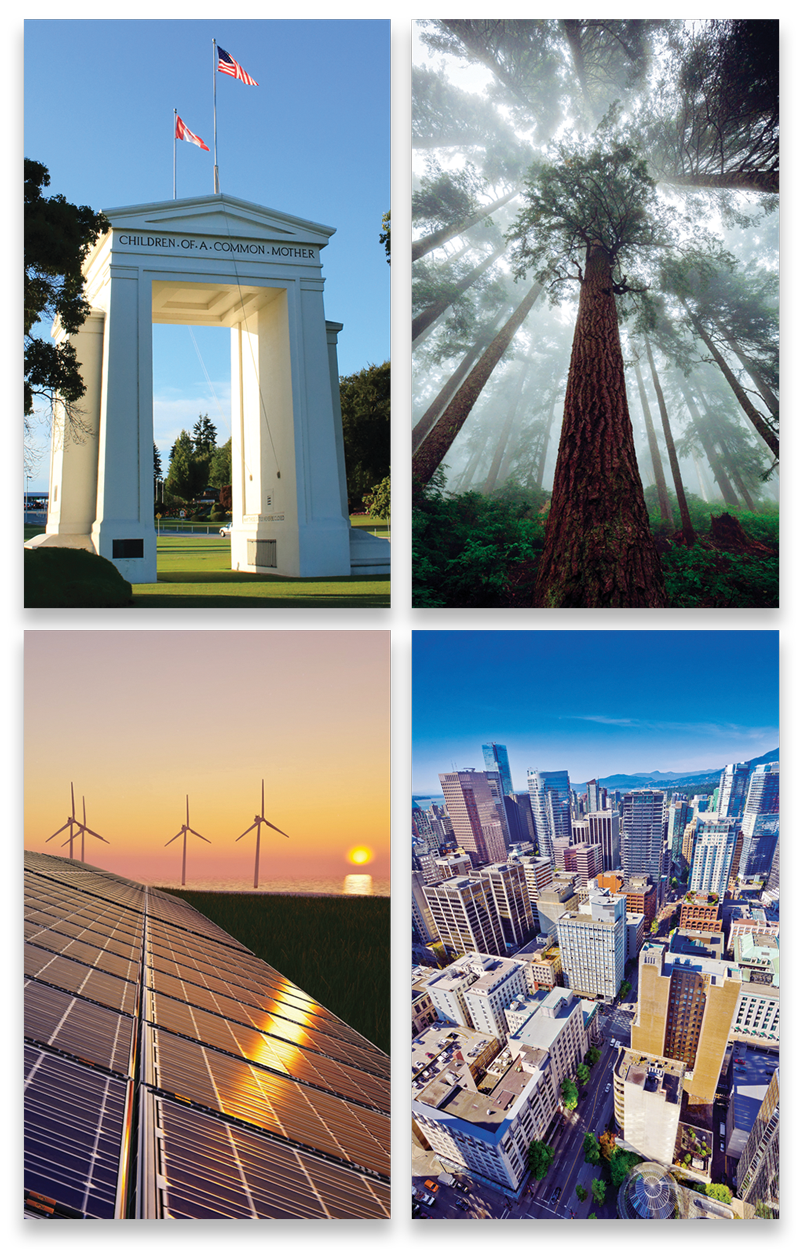

Our Vision
In 2020, we outlined our plan to become the world’s first sustainable mega-region. In pursuit of this goal, we are focused on three main pillars:
- The affordable housing crisis
- Transportation congestion
- The climate goals of the Paris Accord
Each of these pillars is critical to building a sustainable mega-region, but none is sufficient on its own. All three must be considered as an integrated unit, each supporting and leading to the others.
Through our annual conference and the work of our sub-committees, we focus on these pillars, and other areas of shared importance to the mega-region, including the health of our technology sector and the flow of goods and people across our international border.
With an expected population increase by 2050 — 30% above our 2020 population — we know incremental improvements to the status quo won’t be enough. Through the Cascadia Innovation Corridor, we embrace big, bold ideas that will prepare our mega-region for the continued growth to come and preserve it for future generations.
The Cascadia Innovation Corridor Steering Committee
CO-CHAIRS
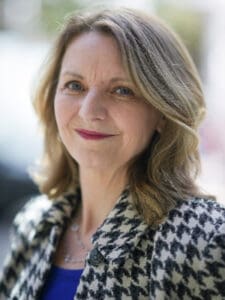
Laura Jones
President and Chief Executive Officer of the Business Council of British Columbia
SUB-COMMITTEE CO-CHAIRS
Infrastructure
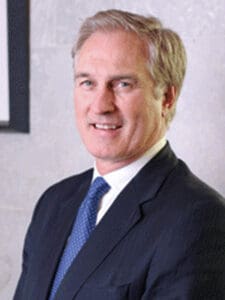
David Hoff
Senior Vice President, Government Relations and Community Investment, Ledcor
Public-Private Partnerships for Climate
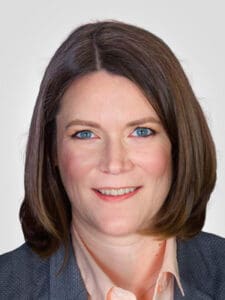
Angela Becker-Dippman
Director, Energy & Environment Directorate’s Program Development Office, Pacific Northwest National Laboratory (PNNL)
Sustainable Agriculture
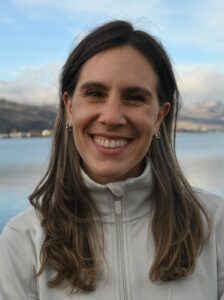
Dani Gelardi, Ph.D.
Senior Soil Scientist, Washington State Department of Agriculture
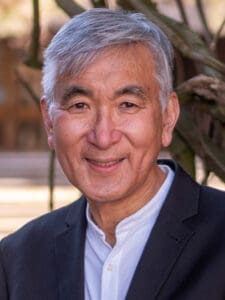
Rickey Y. Yada, Ph.D.
Academic Dean of the Faculty of Land and Food Systems, UBC
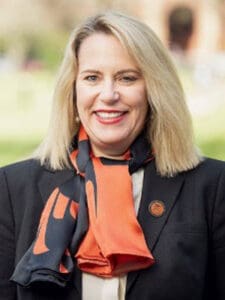
Staci Simonich, Ph.D.
Dean and Reub Long Professor, College of Agricultural Sciences, OSU Director, Oregon Agricultural Experiment Station
Transformative Technologies
US/Canada Cross-Border
Workforce
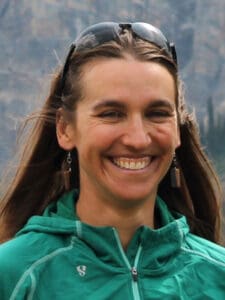
Sonya Doucette, Ph.D.
Professor, Bellevue College; Climate Justice Faculty Development Lead
AT-LARGE MEMBERS
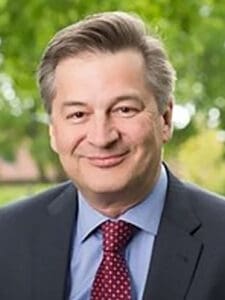
Ken Macartney
Executive Director, International Relations, Intergovernmental Relations Secretariat (IGRS) Office of the Premier, Government of British Columbia

